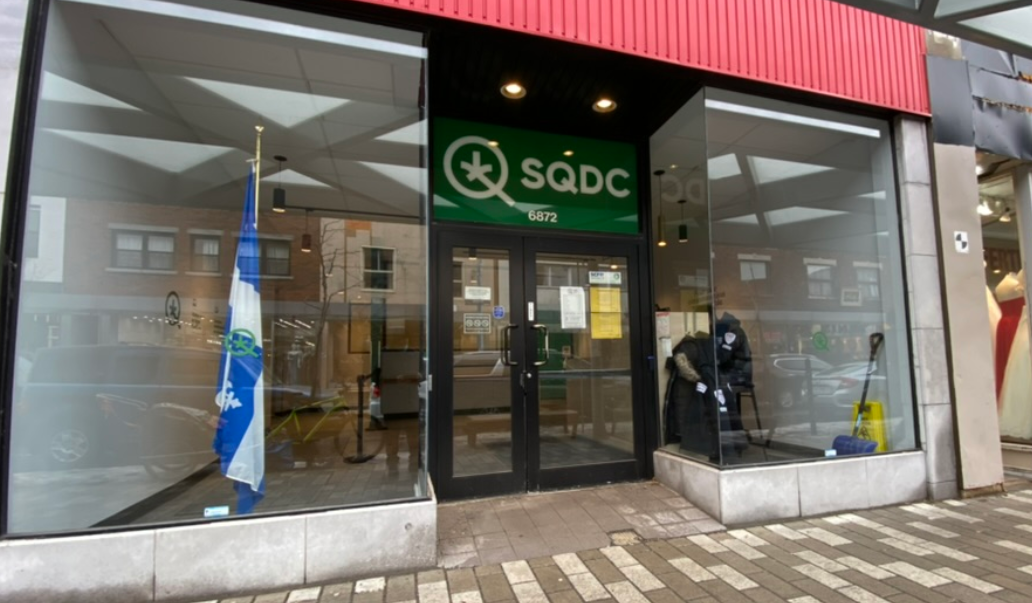On March 2, 2024, the Société québecoise du cannabis (SQDC) closed its store on Saint-Hubert Street in the Petite-Patrie neighbourhood of Montreal, resulting in 11 workers being laid off. The SQDC's first-ever store closure follows the signing of a collective agreement in November 2023 after an 18-month strike. North Star spoke to Lucas Gizard, a team leader at the SQDC Snowdon branch, about the impact of the store closure and his reaction to the company's reasoning.
The SQDC cited problems of profitability, and explained it as a "business decision," despite the state-owned enterprise bringing in $33 million of profit in the last quarter of 2023. "In terms of the reaction to the closure, because word spread very quickly throughout the network, there was a lot of fear, a lot of panic, because the reasons that had been given were around profitability. But given that it's happening just after the end of the strike, it's clearly a consequence or even a kind of retaliation for the strike."
The SQDC's declares its mission to be "protecting customers’ health and safety" and "shrinking the illegal cannabis market in Québec." Gizard questioned the relationship between this mandate and the SQDC's stated concern with the profitability of its branches.
"The SQDC's mission is not to make a profit. It's not to make money. It's to curb the illegal market. But if it were really to curb the black market, they would open as many stores as possible, regardless of profitability, to be able to provide information. In other words, it's like the logic of hospitals: how can a hospital be profitable when its main goal is to heal? When you have a mandate of social protection, it goes in contradiction with profit."

Gizard spoke about the unity he and his colleagues experienced with the workers of the United Front as they shared solidarity and mutual support in each other's struggles. According to Gizard, increased salary gains for the SQDC workers are tied to the gains of the United Front.
"We're in the same position. We've got a state that's behaving more and more like a private company by putting profitability first. The salary doesn't increase, the conditions don't improve, and we're even seeing a regression due to inflation. We were all in a situation where we faced a state which is almost legendary for its hypocrisy and which operates with an impressive level of bad faith."
"I think what scares the state the most, and the reason why we won, is this kind of workers' unity. It's to realize that just because we're a bunch of pot salesmen—to oversimplify it—or a teacher, or a nurse [...] doesn't mean we're not together. Because when you have a common employer, when you have united fronts, you have to think about uniting and taking a step back to say, 'We have to be together in the fight.' That's what will make it a lot easier to win, or at least to get what we deserve."
- Government wage suppression at SQDC only strengthens underground economy
- To counter the black market, really?
- “The message the government is sending is that it doesn’t care about public health”
- Determination giving hope for victory
- A victory for the workers and a message for the public sector: “We must not give up”
- Interview — How SQDC workers brought down the government
- SQDC undermines its mission with retaliatory closure of Saint-Hubert store


